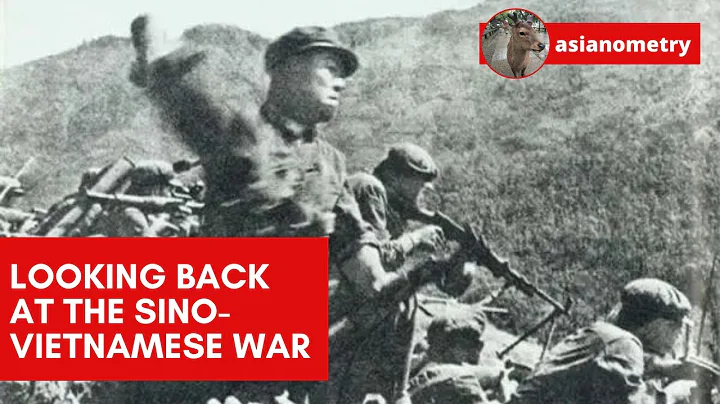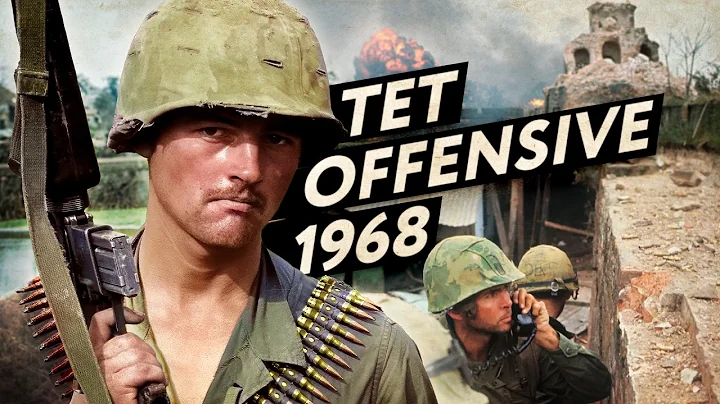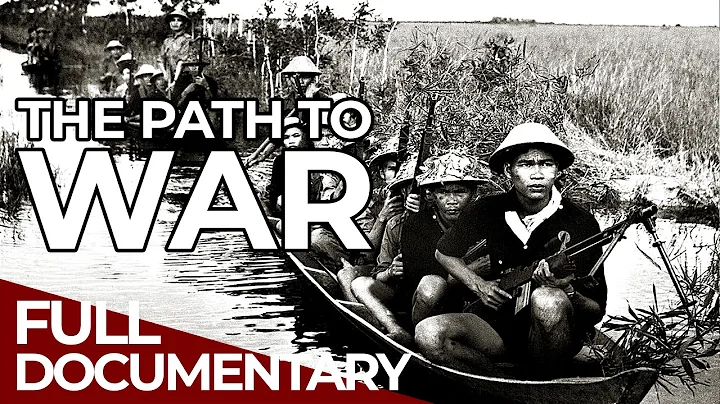special agent force is regarded by the Vietnamese army as a particularly elite combat unit. This force is well-trained, well-equipped, and has special missions. It plays the role of a "surprise soldier" in the war. During the self-defense counterattack and border defense operations against Vietnam in 1979, the Vietnamese army was unable to withstand the powerful offensive of our army. When it was completely at a disadvantage in the frontal confrontation, it dispatched agent to hide in the rear of our army and conduct frequent reconnaissance and raid operations. , in an attempt to exhaust and consume our army and cooperate with the main force in fighting.
Vietnamese army agents broke into pieces and carried out small groups and individual armed harassment activities; sometimes they disguised themselves among ordinary people or mixed into our army's garrison to carry out reconnaissance and sabotage; they used day and night methods to spy on our army's military deployment, Military operations, reconnaissance and harassment of command institutions, artillery positions, logistics supply bases and other important targets. In response to the rampant activities of Vietnamese agents, what countermeasures has our army taken?
In order to effectively prevent enemy agents from lurking and carrying out small groups of harassing activities, the troops must organize strict vigilance and repeatedly search the mountains and forests every time they capture a place, as many as two or three times a day. The time and route of the search are not fixed. Especially before the command organ is transferred, troops are first sent to search the predetermined locations, focusing on villages, air raid shelters, shelters, trenches, caves, and woods in these areas, and conducting searches without leaving any blind spots.

14 Before entering Nabao on February 27, the 42nd Division Command Post of the 014th Army sent out a guard unit to repeatedly search the place. No suspicious signs were found during the first search, and a second search was conducted. As a result, a Vietnamese plainclothes agent was found in a cave less than 100 meters away from the command post's intended location.
On February 24, the 124th Regiment Command Post entered the headquarters barracks of the Vietnamese Army 254th Regiment in Denan. The 6th Company found a 4-man team (including a lieutenant officer) lurking in the nearby bunker where the enemy was lurking to observe sabotage activities. ). Due to the stubborn resistance of the enemy, they were all killed immediately, and a radio station and a motor were seized.
On March 3, during repeated searches of the area, the troops captured a Vietnamese agent and engineer in a nearby cave and seized an explosive device. After interrogation, it was found that the engineer's mission was to secretly sneak back into the barracks and blow up the regiment's weapons and ammunition depot occupied by our army. After the

125 regiment command post was stationed in Banfa, it organized each detachment to divide the search area and clarify the focus. Each detachment organized the search force every day to conduct repeated searches within a radius of 5 kilometers. On February 24, a search was conducted in Banxian and one Vietnamese army agent and one infantry superior were found in hiding while pretending to be sick. Due to careful organization of repeated searches, enemy agents in the area were eliminated, ensuring the safety of the command organization and troops.
Actual combat has proven that in war zones under the control of our army, careful organization of repeated searches and suppressions is an effective way to crack down on hidden Vietnamese agents. To be captured alive means to be shot dead on the spot.

Interrogate the prisoners in a timely manner to find out the enemy's movements and achieve preemptive strikes. On February 20, the 1126th Regiment captured a wounded soldier of the Vietnamese Army while searching the mountains in the Banqin Mountain area. After being sent to the division command post for interrogation, it was found out that the prisoner's name was Nguyen Van Phu, who was directly under the Second Military Region of the Vietnamese Army. Soldiers from the 2nd Company and 3rd Platoon of the 21st Battalion (Special Agent Battalion).
Nguyen Van Phu confessed: After the battalion was defeated, it dispersed and fled to Ban Gan to assemble. The captain and battalion commander accepted a special task: personally leading 18 agents (all using automatic firearms, and equipped with 40 rocket launchers8 tools), with our Target military command organs and artillery positions, waiting for opportunities to carry out attacks.
This important information, while reporting to the army command post, the 42nd Division Command Post also notified the subordinate units and took corresponding preventive measures, dispatching infantry units to strengthen the security of artillery positions and command organs, and increasing the sentries of ammunition and supplies vehicles. ; Dispatch ambush teams and patrol teams near traffic arteries, intersections, and command posts. Due to high vigilance and tight fortification, Vietnamese army agents were discovered in time once they approached and were either killed on the spot or returned without success.
According to the pattern of activities of Vietnamese agents who hide at night and make small groups of harassers, while repeatedly searching mountains, the troops paid special attention to setting up ambushes in advance at important targets and intersections to proactively attack the enemy. After the 125th Regiment entered the barracks of the 2nd Battalion of the 254th Regiment of the Vietnamese Army, based on the division command post's report on enemy agent activities, they strengthened the troops' latent outposts and sent out reconnaissance teams to set up key ambush.

After dawn the next day, the commanders and fighters did not relax their vigilance, thinking that there might be other accomplices hiding nearby, so Lei Guoshan, leader of the stretcher platoon, led a team to search nearby houses, and found a group about 100 meters away from the logistics agency. In a private house (this house had been searched many times before), an enemy agent was found. The mine platoon leader had quick eyesight. He opened fire and killed him first. He seized 1 submachine gun (the bullets were loaded), 3 grenades, and more than 100 bullets. After the incident, the Lei Platoon Commander was awarded third-class merit . Because there is no return, the Vietnamese agents did not dare to act rashly in this area until our army retreated.
Actual combat experience has proved that the advantage of the Vietnamese special forces lies in their ability to be secretive and sudden, and to attack and retreat quickly. As long as our army is more vigilant, sets up a tight ambush, and takes the initiative, it can completely crush its sabotage actions. Its combat effectiveness and role should not be exaggerated. Don't boast too much. The author of
is a master of history and a university lecturer, focusing on the history of the Sino-Vietnam War.
WeChat public account: Ten years of war in southern Xinjiang





![China-Vietnam War: The Ambush [Eng Sub]《芳华》激战片段 - DayDayNews](https://i.ytimg.com/vi/CIiOdexIsAQ/hq720.jpg?sqp=-oaymwEcCNAFEJQDSFXyq4qpAw4IARUAAIhCGAFwAcABBg==&rs=AOn4CLBMA7dSt3KmvXSRZU8fGVjK90ThTA)















